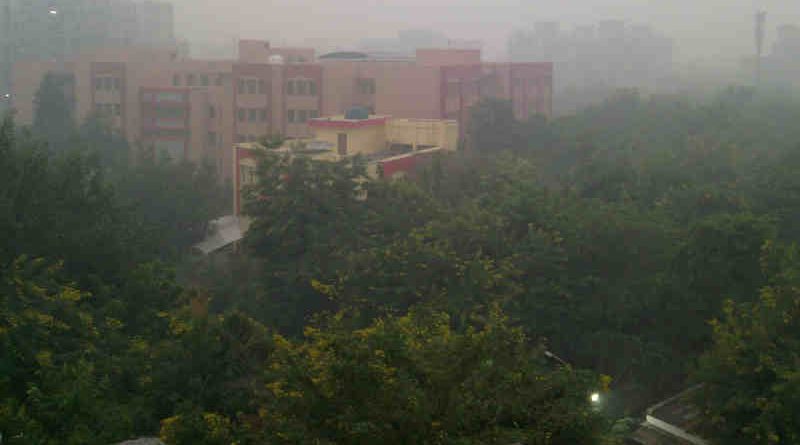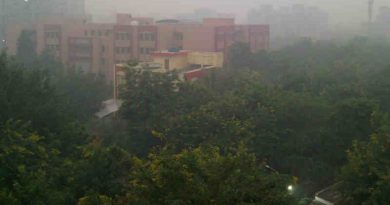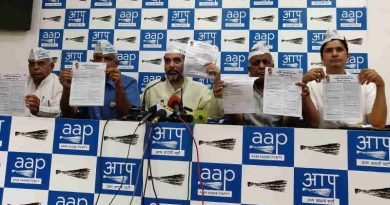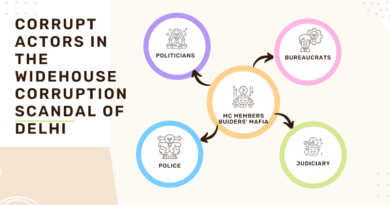Pollution: People of Delhi Inhaling Poison from the Air
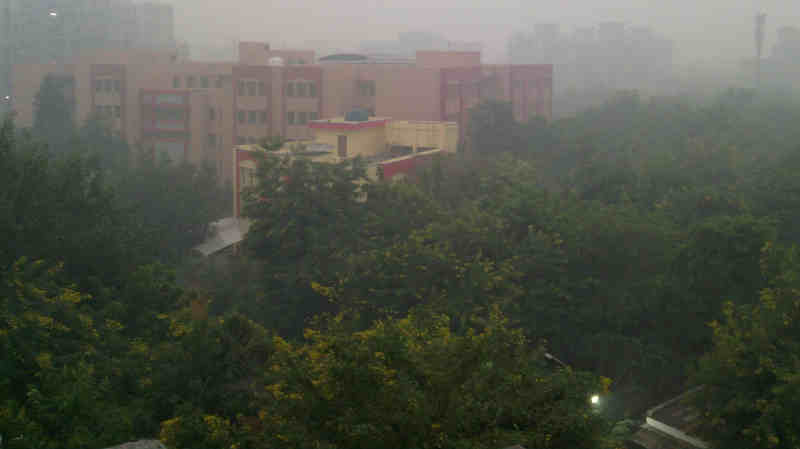
As pollution is increasing in India’s capital New Delhi, the Central Pollution Control Board (CPCB) has deployed 50 teams for field visits from today, October 15, to monitor pollution hotspots in Delhi and adjoining areas.
The teams will cover Delhi, Noida, Ghaziabad, Meerut, Gurugram, Faridabad, Ballabgarh, Jhajjar, Panipat, and Sonepat. The teams will also monitor Alwar, Bharatpur in Rajasthan. The drive to check pollution will continue until February 28, 2021.
An interactive tool on the Breathe Life 2030 website shows a Particulate Matter (PM) 2.5 level of 143 micrograms per cubic metre (annual mean) in New Delhi. This is 14 times more than the WHO (World Health Organization) safe level of 10 µg/m3. Simply put, the people of Delhi are inhaling poison from the air.
Travel Advisory for New Delhi, India
As pollution levels remain dangerously high throughout the year in India, all travelers including business executives, tourists, and diplomats need to exercise utmost caution while planning to visit India – particularly India’s capital New Delhi.
Moreover, companies and investors must not come to Delhi for setting up their businesses or for trade conferences as pollution can harm them as well as their families. Foreigners who have come to stay in India for their work, should preferably go back to their countries. Or, at least, they should not keep their children with them because Delhi’s pollution is very harmful for children.
Delhi Government, the Indian Government, and the pollution-control agencies are not taking proper steps to control pollution because most politicians and bureaucrats in India are uneducated and careless.
The extreme pollution in Delhi is usually compared to the poisonous gas chambers used by Nazi Germany during the Holocaust for the genocide of millions of European Jews.
By Rakesh Raman
The CPCB and the state pollution control agencies will act against major air polluting sources such as construction activities, dumping of garbage and construction waste alongside the roads and on open plots, and open burning of garbage and industrial waste.
According to CPCB, a Central Control Room is operating at CPCB headquarters for keeping track of pollution levels on an hourly basis and coordination with state agencies. District-wise nodal officers have also been appointed for better management and coordination with teams.
Air quality in Delhi deteriorates in the winter season and the problem this year is going to exacerbate because of Covid-19 pandemic that is spreading rapidly in the city-state.


